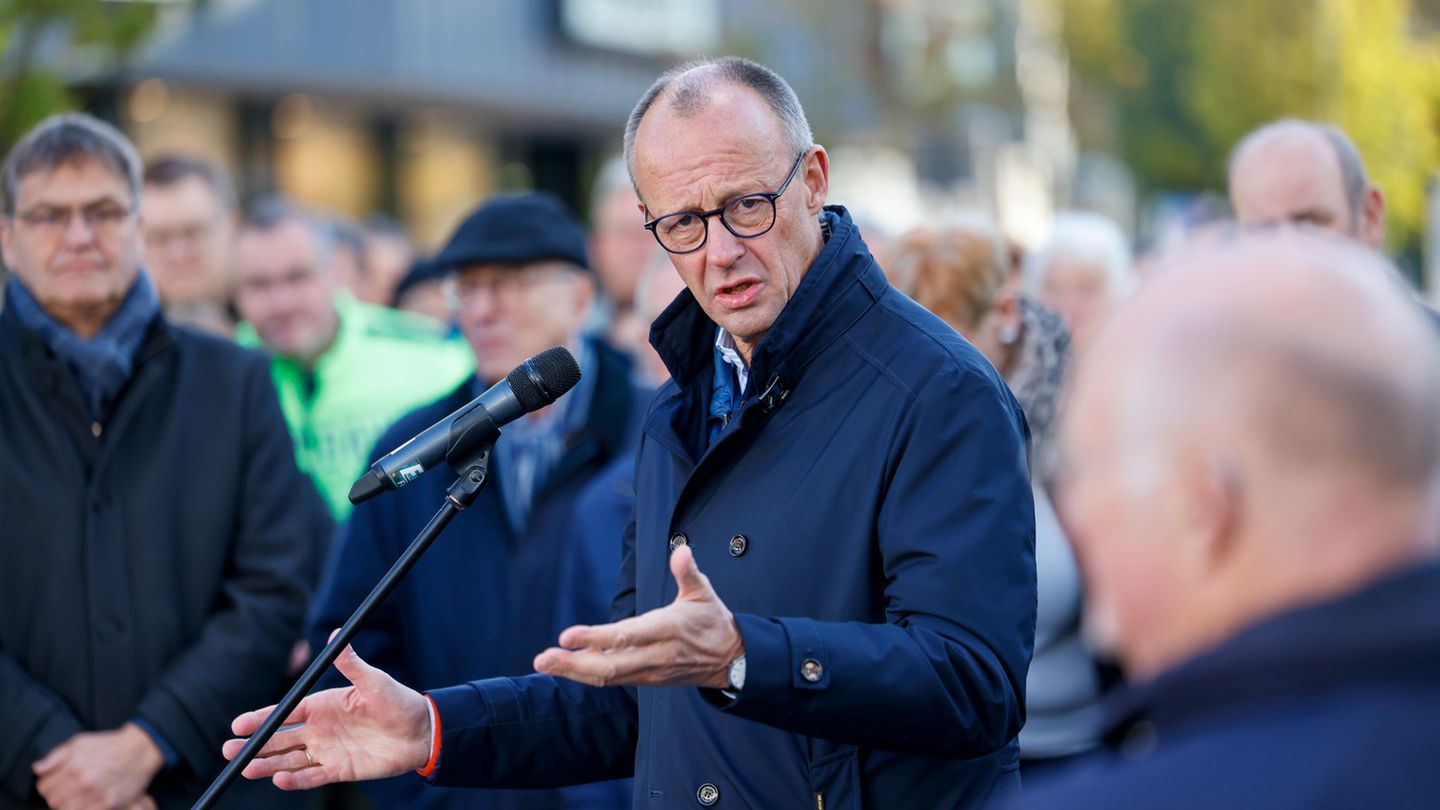End the unemployment in urban economies is a crucial challenge that requires a comprehensive strategy. Cities have a unique potential to generate wealth and employment through supply chains and the provision of services. These chains, which include all activities that add value to a product or service from its production to its delivery to the final consumer, are especially robust in urban environments due to the high density of consumers and advanced infrastructure.
The development of logistics centres is a fundamental strategy. These hubs optimize the distribution of goods, reducing costs and improving efficiency. They not only create direct jobs, but also in associated sectors such as transportation and technology.
In addition, incentives for small and medium-sized enterprises (SMEs) are crucial. Local governments can offer tax incentives and technical support to help these companies better integrate into value chains, generating employment and boosting the local economy. Digitalisation and e-commerce are also vital. The adoption of digital technologies and e-commerce platforms enables urban companies to access wider markets and improve their operations, creating new employment opportunities in areas such as web development, digital marketing and logistics.
He service sector is another essential pillar for the development of urban economies. Services range from education and health to hospitality and entertainment, all of which have great potential for generating employment.
The investment in education and vocational training is crucial to preparing the workforce for the jobs of the future. Cities must collaborate with educational institutions and businesses to develop training programs that respond to market demands. Tourism and culture also play an important role. Investing in tourism promotion, improving infrastructure and fostering cultural events can attract visitors and create jobs in sectors such as hospitality, catering and retail.
Foster an ecosystem of Tech startups can provide coworking spaces, access to venture capital and mentoring networks. These startups not only create jobs directly, but also energize other sectors through innovation.
Local governments play a crucial role in identifying and promoting new sources of employment. Conducting studies to identify sectors with growth potential and unmet needs in the labor market allows for the design of specific policies and programs for these sectors.
Creating an enabling environment for innovation through policies that support research and development (R&D), public-private collaboration and the protection of intellectual property is essential. In addition, cities can lead the transition to a sustainable economy, fostering jobs in renewable energy, energy efficiency, recycling and other environmental activities.
There are examples of cities that have been successful in generating jobs and business opportunities through the implementation of local policies. Barcelona, Spain, has fostered a strong ecosystem of technological and creative startups, supported by initiatives such as the “22@ district”, which has transformed a former industrial area into an innovation hub. Seattle, USA, has seen significant growth in technological jobs thanks to companies such as Amazon and Microsoft, as well as a strong services sector supported by the presence of educational and health institutions. Shenzhen, China, known as the “Silicon Valley of China”, has developed a thriving high-tech sector, supported by favourable government policies and advanced infrastructure.
Ending unemployment in urban economies is an achievable goal by strengthening supply chains and service delivery. Local governments must play an active role in identifying new employment opportunities and creating an enabling environment for economic development. By following the examples of successful cities and joining a global trend of urban economic development, we can chart a path to a future of sustainable and prosperous employment for our communities.
Former deputy in the Buenos Aires City Legislature, he chairs the Partido de las Ciudades en Acción (Party of Cities in Action) and is currently Director General of Federal Affairs for the City Government.
Source: Ambito
David William is a talented author who has made a name for himself in the world of writing. He is a professional author who writes on a wide range of topics, from general interest to opinion news. David is currently working as a writer at 24 hours worlds where he brings his unique perspective and in-depth research to his articles, making them both informative and engaging.




